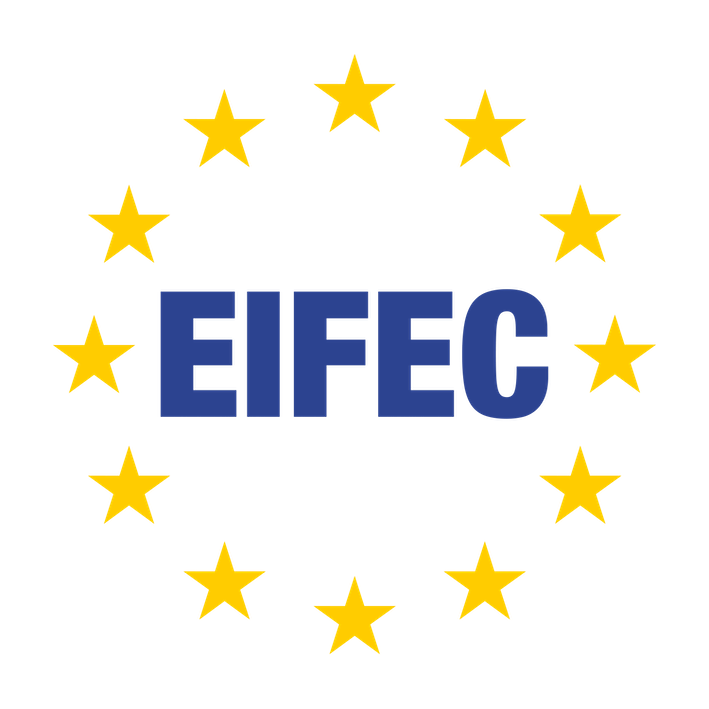IRAN
Compliance Initiative
USA - IRAN
The United States has imposed restrictions on activities with Iran under various legal authorities since 1979. Several Acts of Congress, Executive orders, OFAC guidances constitute the legislative framework for sanctions against Iran.
This framework continues to evolve.
On May 8, 2018, the U.S. President announced his decision to cease the United States’ participation in the Joint Comprehensive Plan of Action (JCPOA), and to begin re-imposing, following a wind- down period, the U.S. nuclear-related sanctions that were lifted to effectuate the JCPOA sanctions relief.
As of the date hereof, a number of U.S. sanctions with respect to Iran remain in place after Implementation Day, including but not limited to:
- Primary U.S. Sanctions
- Secondary Sanctions targeting dealings by non-U.S. persons
- Support for terrorism
- Iran’s human rights abuses
- Proliferation of WMD and their means of delivery, including ballistic missiles
- Executive Order 13846 of August 6, 2018, Reimposing Certain Sanctions With Respect to Iran
- Executive Order (EO) 13902 target 4 sectors of the Iranian economy
Primary Sanctions
Primary sanctions apply to activities of ''US persons'' and often to entities outside the US that are ''owned or controlled'' by a US person (e.g., foreign subsidiaries of US companies).
Primary sanctions can also apply to non-US persons associated with activities involving US goods and the US banking system.
Secondary Sanctions
Secondary Sanctions apply to Transactions Beyond U.S. Jurisdiction, Extraterritorial Situs of Proscribed Activity or Conduct and are applicable to Non-U.S. Persons.
Other defining characteristics are purposeful ambiguous: "knowingly", "significantly", "materially"
Secondary Sanctions are drafted by Congress, not by President, OFAC, or State and are a multiple U.S. Agency Enforcement Responsibility
Non sanctionable activities
The U.S. maintains broad authorizations and exceptions under U.S. sanctions that allow transactions with Iran by U.S. persons (i.e. for the sale of agricultural commodities, food, medicine, medical devices, specific General Licences activities)
Complexity and evolving sanctions framework
The complexity of legal authorities, agencies involved ( OFAC, BIS), normative definitions that differ from other jurisdictions require a strict compliance assessment to be made on transactional basis.
EIFEC Office in Washington D.C. assists operators and institutions to keep up to date any compliance determination.

